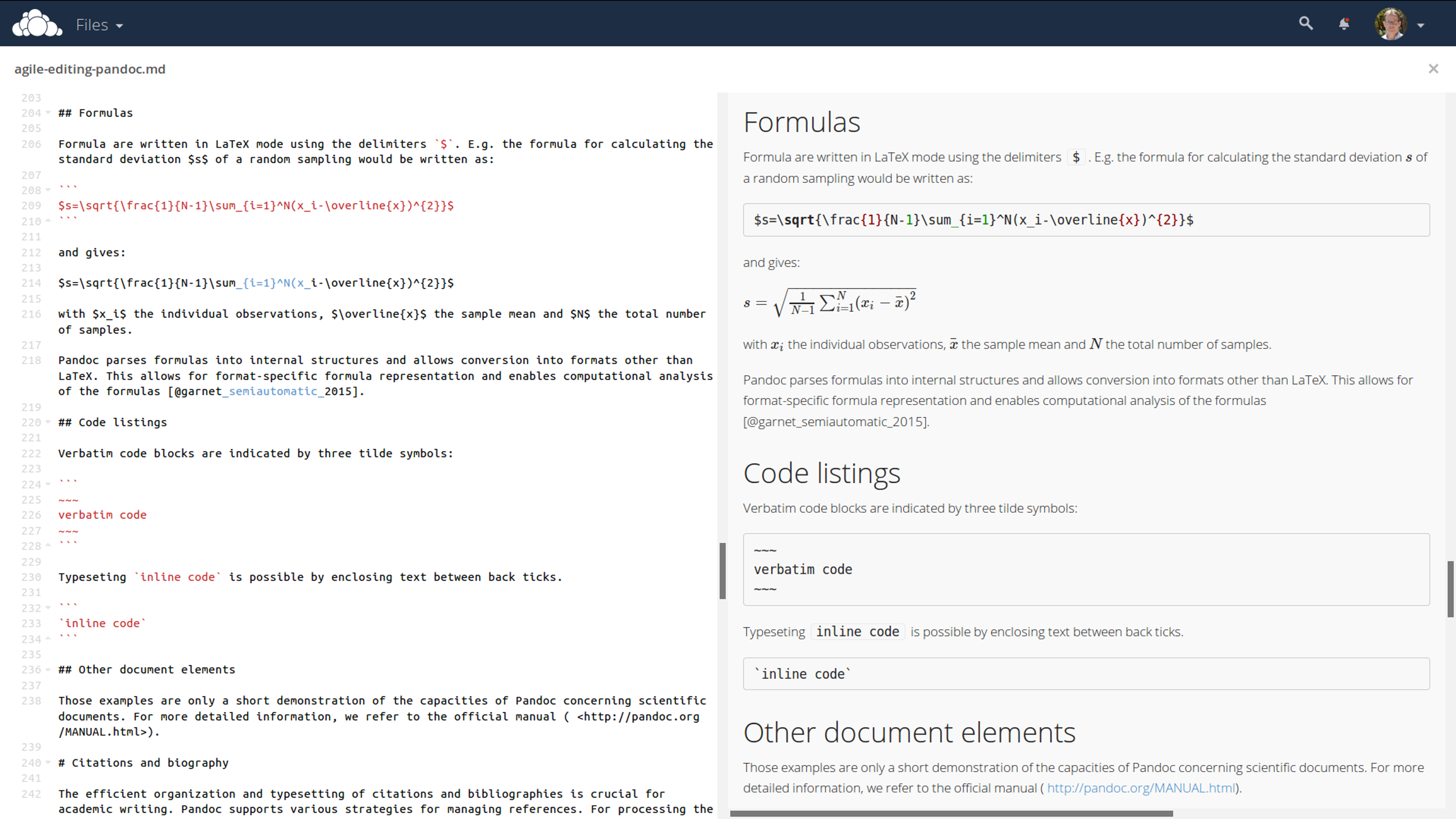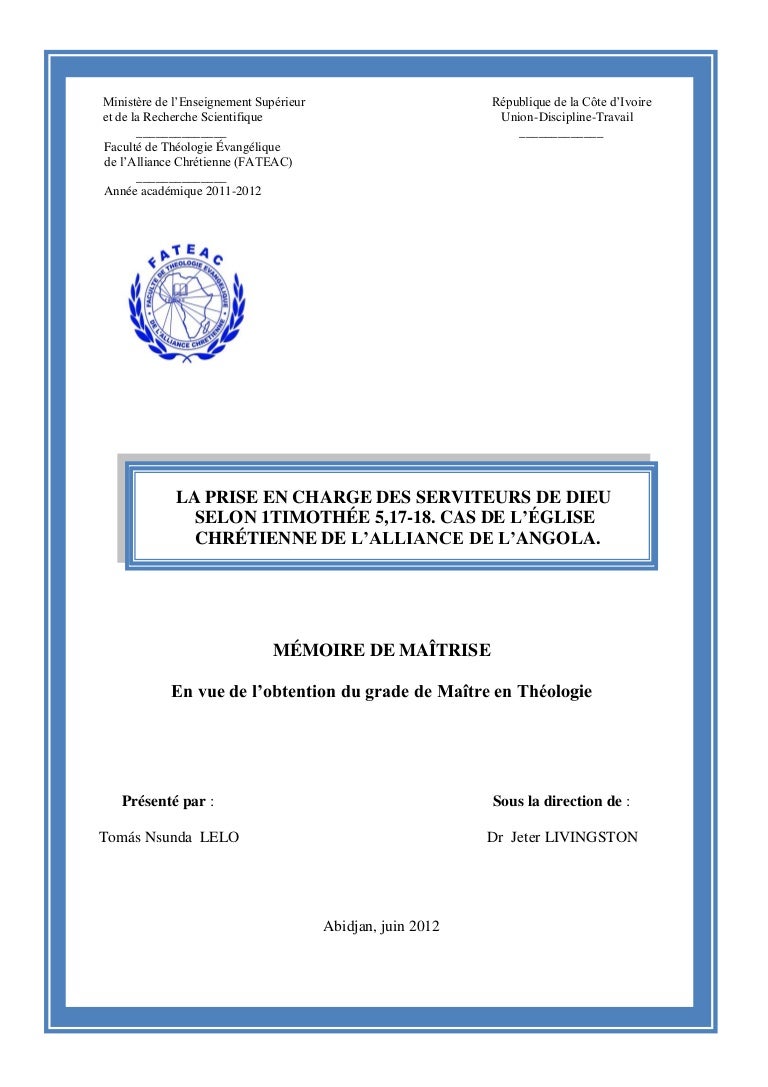Pandoc Word To Latex
I use Pandoc to convert a tex file to docx. I used the following commandpandoc -s foo.tex -bibliography=foo.bib -o foo.docxBut in the output word document, citation are in format of (author da.
A big problem with writing in LaTeX is collaborating with colleagues who don’t use it. One option is to generate a Word .docx version and use the comments and track changes features in Word / LibreOffice. This does require manually copying the changes back to LaTeX so isn’t quite as nice as using latexdiff (see earlier post) but is slightly easier than adding comments to a PDF.
Although when I use pandoc to write the file to a pdf the. As you can see the new line has been completely removed and makes the latex hard to read. Posts about LaTeX written by danclewley.
The best program I’ve found for converting LaTeX to Word is the open source (GPL) command line tool, pandoc (http://pandoc.org/).
Basic usage is quite straightforward:
The conversion isn’t perfect, figures and tables can get a bit mangled, but it does a good job with the text.
Pandoc can convert between many different formats, including from markdown and reStructuredText (commonly used for software documentation) so it is worth having installed.
Pandoc is the swiss-army knife for converting files from one markup format into another:
What does Pandoc do?
Pandoc can convert documents from
- markdown, reStructuredText, textile, HTML, DocBook, LaTeX, MediaWiki markup, TWiki markup, OPML, Emacs Org-Mode, Txt2Tags, Microsoft Word docx, EPUB, or Haddock markup
to
- HTML formats: XHTML, HTML5, and HTML slide shows using Slidy, reveal.js, Slideous, S5, or DZSlides.
- Word processor formats: Microsoft Word docx, OpenOffice/LibreOffice ODT, OpenDocument XML
- Ebooks: EPUB version 2 or 3, FictionBook2
- Documentation formats: DocBook, GNU TexInfo, Groff man pages, Haddock markup
- Page layout formats: InDesign ICML
- Outline formats: OPML
- TeX formats: LaTeX, ConTeXt, LaTeX Beamer slides
- PDF via LaTeX
- Lightweight markup formats: Markdown, reStructuredText, AsciiDoc, MediaWiki markup, DokuWiki markup, Emacs Org-Mode, Textile
What does Pandoc do for me?
I use pandoc to convert documents from
- markdown
to
- HTML
- Microsoft Word docx (force majeure!), OpenOffice/LibreOffice ODT, OpenDocument XML
- LaTeX Beamer slides
- PDF via LaTeX
What does Pandoc do better than the specialized tools?
Accessibility:
Code in markdown is easily readable text.In comparison:
Markdownsyntax is handier than(La)TeXsyntax (Donald Knuth, inventor ofTeX, wondered why it took so long to evolve fromLaTeXto a more efficient markup language that compiles down toTeX, such asmarkdown),- in particular
Markdownsyntax is handier thanLaTeX Beamersyntax, - math formulas are more easily written in
Markdownthan inMicrosft WordorLibreOffice, - it is especially suited for creating short
HTMLarticles, such as blog entries.
What does Pandoc do worse than the specialized tools?
- Functions specific to a markup language
- either cannot be used,
- or can be used, but may turn compilation into other languages invalid. (The
pandocsyntax is as reduced as the common base among all markup languages into which it converts.)
- For more complex documents, there is certain consensus that the similar
asciidocformat is more powerful and better suited (publisher’s choice). - Pandoc is still in development:
- the output sometimes rough and needs to be retouched,
- documentation is incomplete,
- smaller ecosystem of tools, like editors and IDEs, for example:
LaTeXsupports forward and inverse document search, that lets you jump from a position in the sourceTeXfile to the corresponding position in the compiledpdffile, and the other way around. There is no such thing for markdown: markdown first compiles toTeXand then topdf.- The
Vimplugin formarkdownis young and basic in comparison to that forLaTeXwhich is stable and powerful.
Markdown is simple, concise and intuitive:Its cheat-sheet and documentation are one.
Examples:
Source:
Output:
An emphasized itemization:
- dog
- fox
A bold enumeration:
- Mum
- Dad
A table
| mum | dad | |
|---|---|---|
| weight | 100 kg | 200 kg |
| height | 1,20 m | 2,10 m |
We use
- a
Makefile, that sets a couple of compilation options, and - a main markdown file, that sets a couple of document options.
Which parameters can be set by the command line, and which in the document, this choice is somewhat arbitrary and perhaps a shadow of pandoc’s unfinished state.
Pandoc parameters
Pandoc Latex To Word Figures
We can pass many options to pandoc, among those the most important ones (for us) are:
Makefile
Pandoc Latex To Word Bibtex
By a makefile, instead of having to pass the options for
- compilation,
- running,
- checking and cleaning,

each time on the command line, we call make (run/check/clean) and use those once and for all set in the makefile.
The command make, corresponding to the entry all:, generates the output file, in our case the pdf document.For example,
make docxgenerates adocxdocument,make htmlgenerates aHTMLdocument,make latexgenerates aTeXdocument,
The option all: latex pdf is the default option, that is,
makegenerates first aTeXand then apdfdocument.
We recommend latexrun as a good LaTeX “debugger”.Still, note that we first have to spot first the error in the TeX, then the corresponding one in the markdown document.
The command run displays the output file, for example,
make run-htmlshows theHTMLdocument in a browser (such asFirefox),make run-odtshows theODTdocument in LibreOffice,
The option run is the default option, that is,
make rundisplays thepdfdocument in a pdf-viewer (such as zathura).
Finally, make clean removes all output files.

Main file
This file sets at the top the title, author and date of the document.Below, additional options,
- one general option,
langthat controls for example the labeling of the table of content and references, and various TeX options, such as:
- document type,
- font size, and
- depth of the section numbering.
Let us facilitate compilation and editing of pandoc files, the first by built-in functionality, latter by dedicated plugins.
Automatic compilation and reload
To make Vim compile our file after every save, add to the (newly created, if necessary) file ~/.vim/after/ftplugin/markdown.vim the line:
If the output is
pdf(via TeX), then the pdf viewerzathuraautomatically reloads the changed pdf file,html, then theFirefoxpluginautoreloadautomatically reloads the changed html file.
Editing enhancements
The plugin vim-pandoc
- completes references in your library when hitting the ` < Tab > ` key.
- folds sections and code,
- gives a Table of Contents.
The plugin UltiSnips expands lengthier markdown syntax such as
[to[link](http://url 'title'), and
The plugin vim-template prefills, on editing
- a new
makefile, the makefile with the above boilerplatemakefilecode, and - a new
pandocfile, thepandocfile with the above boilerplate main file code.

